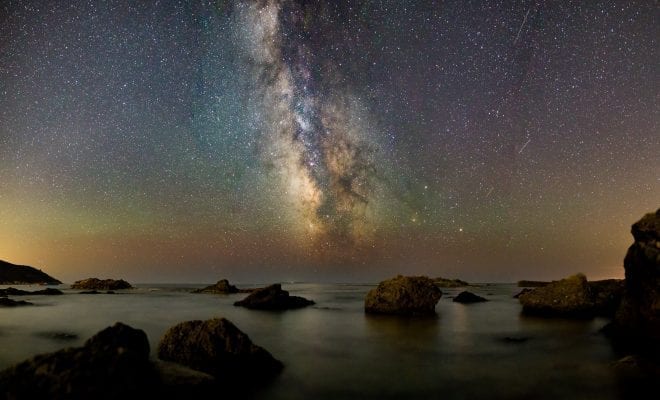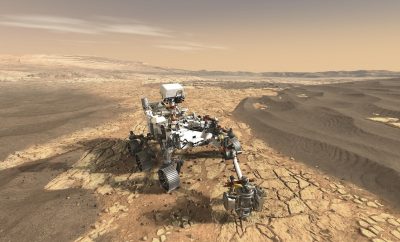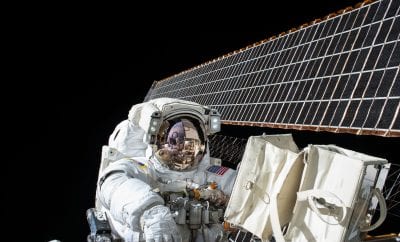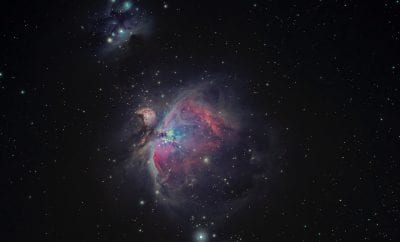
News
New NASA Research Group Dedicated to Finding Alien Life in the Universe
Our quest to find alien life in the universe has long been a human fascination. While we have scanned the stars and sent probes out to the far reaches of our solar system, we have yet to find any indication that we are not alone in the universe. However, a new NASA research team is hoping to change all of that.
The Center for Life Detection Science (CLDS) is a new team set to launch out of Silicon Valley that will focus on finding concrete answers as to how life began on Earth, and whether it could exist in other areas of the universe. The team will operate out of NASA’s Ames Research Center in Mountain View, and will bring together experts in fields such as biology, astrophysics, and the physical sciences.

Lead researcher Tori Hoehler, says “The search for life beyond Earth cannot be a one-size-fits-all approach… to give ourselves the best shot at success, we need to develop tools and strategies that are tailored to detecting life in the unique conditions of other worlds, which are very different not only from Earth but also from each other.” She continues, “We now have the scientific and engineering expertise to address this profound question [are we alone?] with the clarity of scientific evidence — and we have a great community of scientists ready for that grand challenge.”
The CLDS will play a central role in establishing a new consortium of researchers working in tandem with NASA to begin driving research and planning missions on how to best invest NASA resources to solve the mysteries of life in the universe. Some proposed tasks of the research team include developing technologies that are more precise at being able to detect life on far-away planets, giving us the ability to find and study exotic biomolecules that may not exist on Earth.
Researchers at the CLDS will be joined by other researchers from Georgetown University and the Georgia Institute of Technology. These teams will pursue research in the likelihood of life existing a long time ago in our solar system, and how we can recognize the “fingerprints of life.” Eventually, there is hope that these teams will be involved in designing and executing future space missions that will increase our overall understanding of the final frontier, and blaze the way for new space exploration.





0 comments